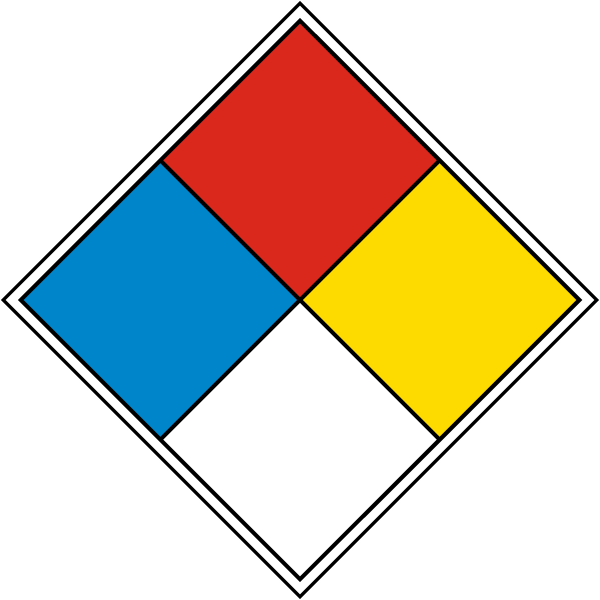Eye protection, hand protection, and skin protection
Personal protective equipment (PPE)
Inhalation, Skin/eye contact, Ingestion, and Injection
What are routes of exposure.
The group responsible for the health and safety of employees in the U.S.
Occupational Safety and Health Administration (OSHA)
A natural part of the environment that can be found almost anywhere that moisture and oxygen are present.
Mold
HAZWOPER
Hazardous Waste Operations & Emergency Response
Areas that are out of the way of danger & a safe place to do a head count
Evacuation Areas
What does SDS stand for?
Safety Data Sheet
The "Big Three"
Human Immunodeficiency Virus (HIV), Hepatitis B Virus (HBV), and Hepatitis C Virus (HCV)
You smell something unusual while sampling onsite.
What is leave area, evaluate, and call PM.
Level of Personal Protective Equipment (PPE) that can include clothing, safety boots, safety glasses, vests, hard hat, and ear plugs.
What is Level D.
Color of biological hazardous (biohazard) waste bags
red or red-orange
High levels of exposure over a short period of time
Acute exposure
Type of vaccination employees can receive, if wanted, after a bloodborne exposure.
What is Hepatitus B?
Most common occupational injury
Falls (from less than 10 feet)
Type of hard hat that protects the workers from hits/blows to top and side of head.
What is a Type II.
Cutting & welding operations for construction/demolition activities that involve activities producing a spark, flame, or heat.
Hot work
Benzene is a Neurotoxin, it effects this body system.
What is the central nervous system.
A specific incident of contact with potentially infectious bodily fluid.
Exposure
How lead is most commonly absorbed into the body
Inhalation
Number of sections on a SDS?
16
Wearing appropriate PPE and treating all blood and bodily fluids as if they're infectious.
Universal Precautions
The amount of chemical exposure received by an individual from their assigned duties during their normal course of employment.
Occupational Exposure
Inhalation, ingestion, absorption, and injection
Routes of Exposure/ Modes of Transmission

What does the blue square represent?
Health Hazard

Irritant symbol